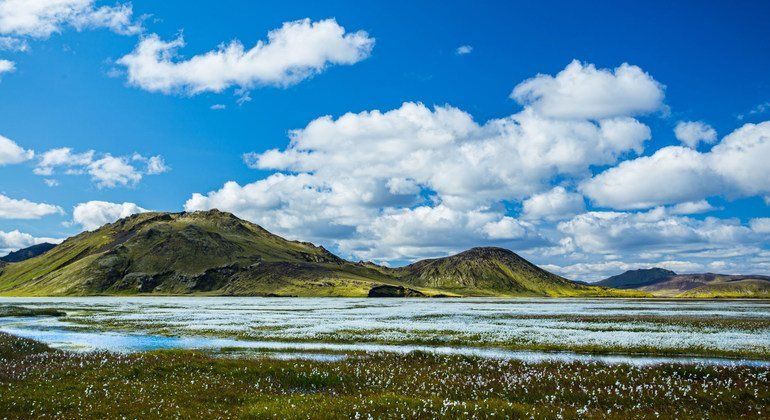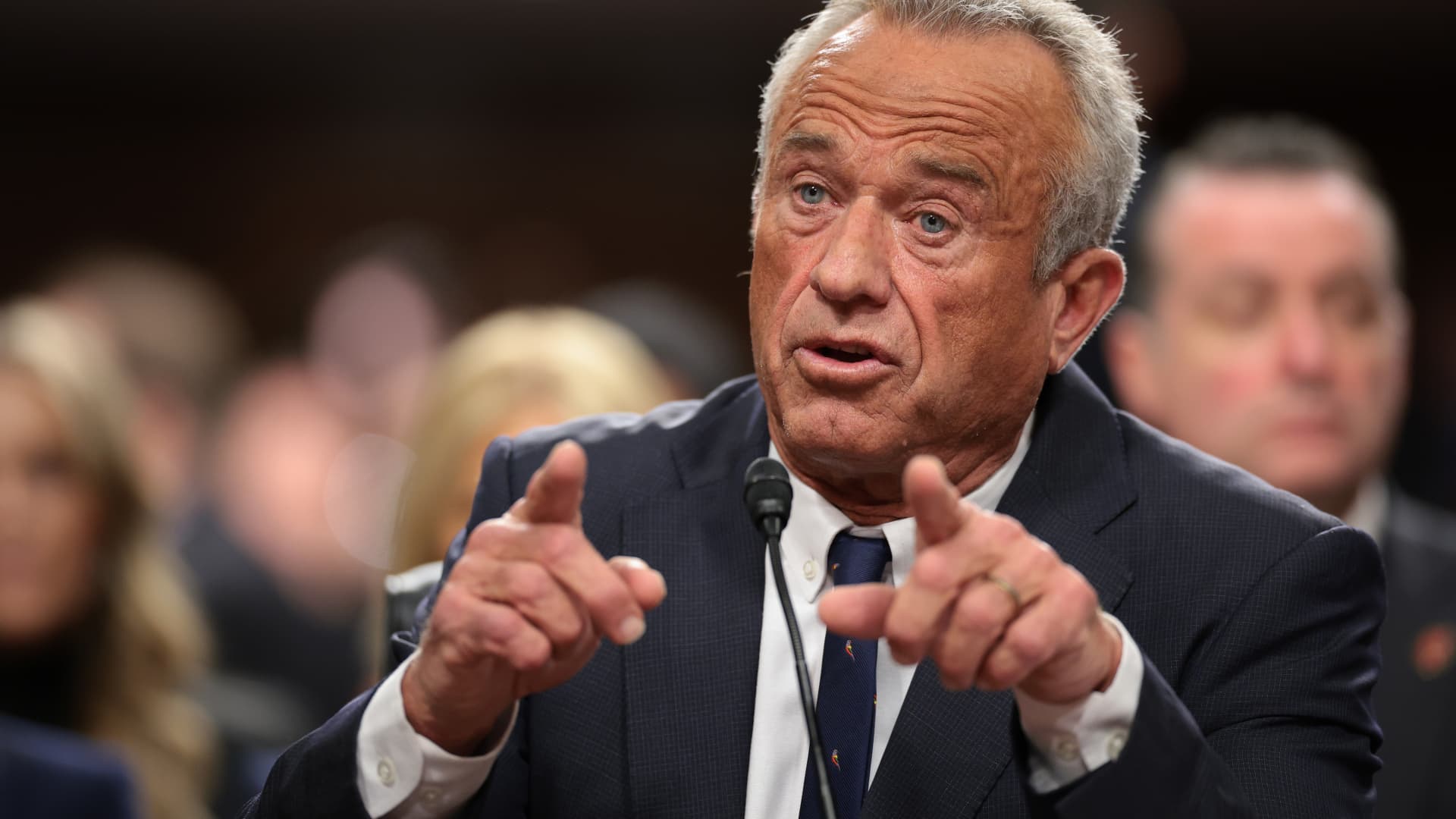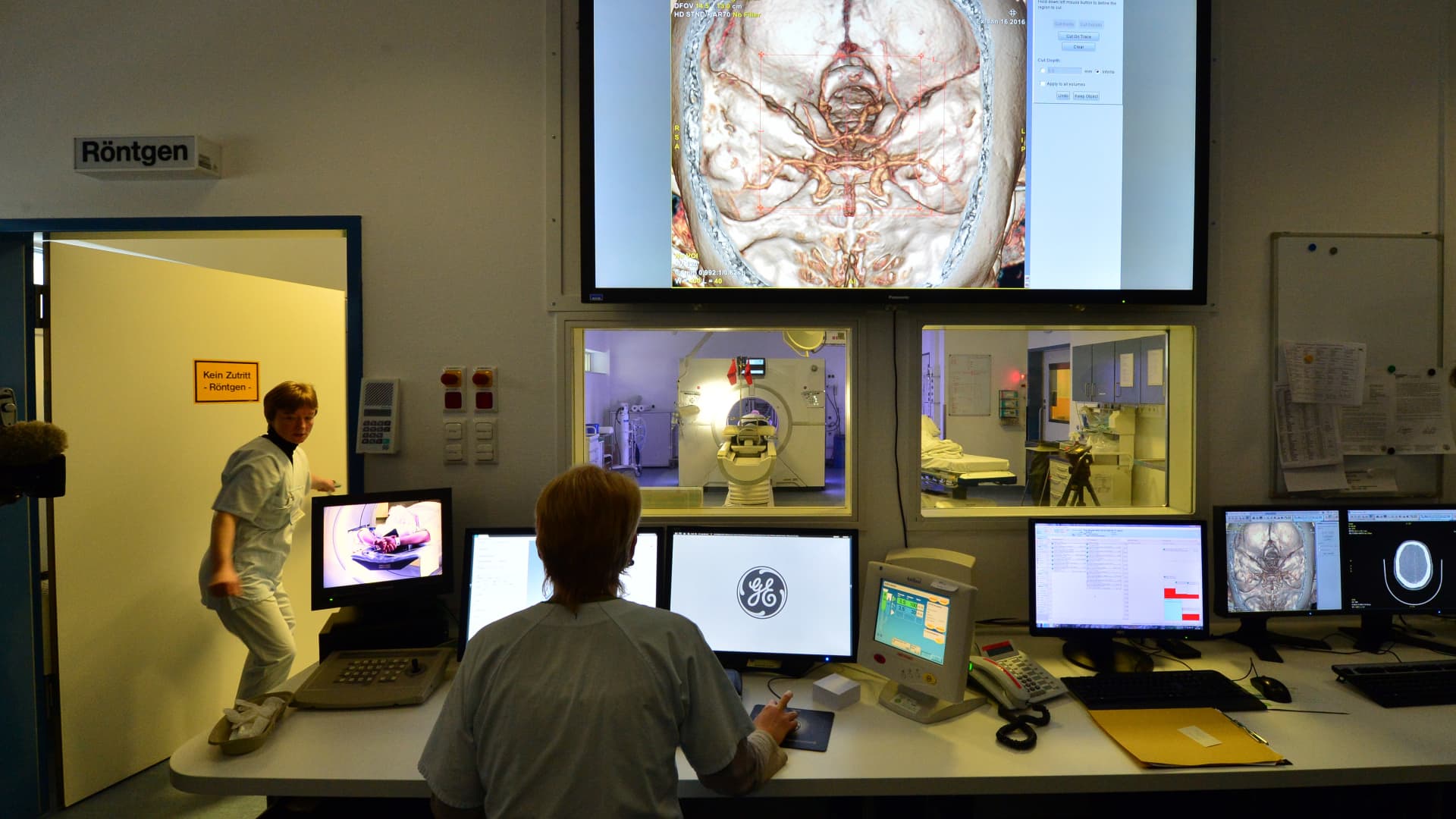This year’s International Day for Clean Air and Blue Skies, celebrated annually on 7 September, focuses on the theme “Investing in #CleanAirNow” and highlights the economic, environmental and health benefits of investing in clean air.
The Day was established in 2019 after the United Nations General Assembly noted how harmful air pollutants are and recognized the importance of clean air to people's lives.
UN Secretary-General António Guterres said pollution is a silent killer that can be stopped and urged the world to “invest now, so we can breathe easy.”
Investing in clean air
Mr. Guterres highlighted how damaging pollution can be, noting that 99 percent of humanity breathes polluted air, leading to millions of premature deaths worldwide.
“Pollution is also stifling economies and warming our planet, adding fuel to the fire of the climate crisis,” the UN chief said. “And it disproportionately affects the most vulnerable in society, including women, children and older people.”
The Secretary-General said investing in clean air will require action by governments, businesses, development organizations and more at the regional and global levels.
Mr. Guterres is encouraging stakeholders to reduce their use of fossil fuels, adopt clean cooking methods and increase air quality monitoring.
“Investing in clean air saves lives, combats climate change, strengthens economies, creates fairer societies and advances the Sustainable Development Goals,” he said. “… let’s invest now so we can breathe easy knowing we are ensuring a healthier planet for all.”
Air quality and climate
Mr. Guterres' message on the international day highlights some of the challenges outlined in a new report by the United Nations World Meteorological Organization (WMO), which details the impacts of climate change, forest fires and air pollution on human health.
The report noted that both the Northern and Southern Hemispheres experienced “hyperactive wildfire seasons” in 2023 that caused numerous deaths and harmed livestock.
“The 2023 wildfire season set a multi-decade record in Canada for total area burned, with seven times more hectares burned than the 1990-2013 average, according to Canada's National Fire Database,” the report said.
Wildfires also worsened air quality in eastern Canada and the northeastern United States.
For this reason, WMO Deputy Secretary-General Ko Barrett said that climate change and air quality cannot be treated separately.
“These are issues that go hand in hand and need to be addressed together,” Barrett said. “It would be in everyone’s interest – for the health of our planet, its people and our economies – to recognise the interconnectedness and act accordingly.”
“It knows no boundaries”
The United Nations Environment Programme (UNEP) also recognises the need for global change as the International Day of Clean Air approaches, describing air pollution as the “greatest environmental health risk of our time”, noting that it worsens climate change, reduces agricultural productivity and causes economic losses.
Inger Andersen, Executive Director of UNEP, said: “Every person on this planet has the right to breathe clean air, but virtually everyone has this right violated.”
Ms Andersen echoed the UN chief's call for global investment in clean air.
“We are calling on nations, regions and cities to set robust air quality standards,” he said.
“We call on you to support renewable energy and sustainable transport, to hold industry accountable with strict emissions rules and to integrate air quality into climate action,” Andersen continued.
UNEP says that if air pollution is proactively addressed, transformative change and healthy air can be achieved.












